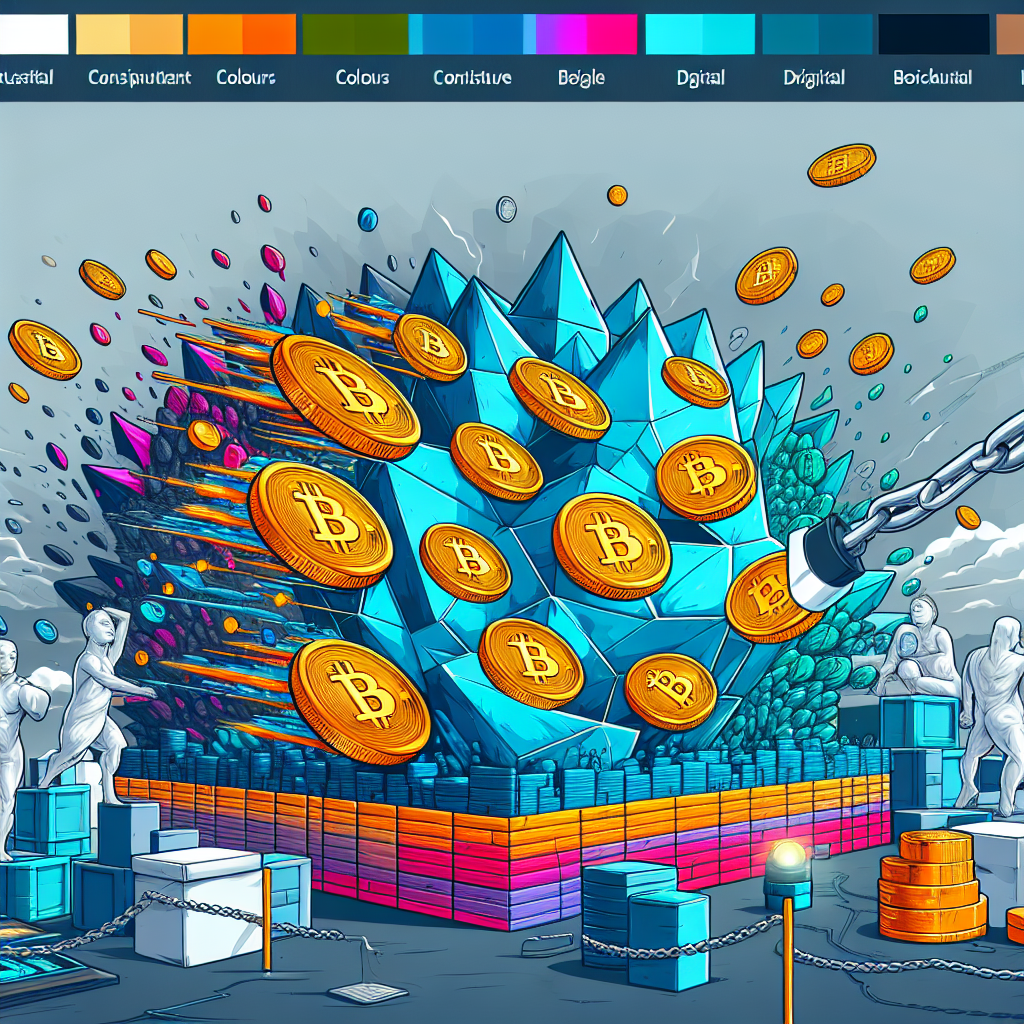Concerns have been raised by the Web3 executive regarding the potential privacy threats posed by central authorities and the increasing centralization in the tech industry.
In a world where technology continues its relentless march towards centralization, privacy is becoming more critical than ever. That’s according to a Web3 executive, who recently highlighted concerns over tech industry centralization and its authoritarian potential regarding privacy.
The Centralization and Privacy Paradox
The tech world is not just about innovations and groundbreaking developments; it also grapples with numerous challenges. The most pressing of these is the increasing trend toward centralization. This trend, although it simplifies the management of resources and brings about economic efficiencies, also poses a significant threat to privacy and freedom of information.
Centralization implies a concentration of control in a single authority or entity. This monopolistic landscape can create an environment for potential abuse, including data misuse, where a handful of tech giants have access to massive amounts of personal information. This centralization trend in the tech industry has been a critical issue for years, and experts warn it could lead to dire consequences if not addressed.
The Web3 Perspective
Web3 is a new iteration of the internet that brings decentralization and blockchain into the journey, providing a solution to this increasing centralization. According to Web3, the current trend toward centralization in the tech industry poses a significant threat to privacy. As a result, Web3 is advocating for a paradigm shift towards a more decentralized internet where users have more control over their data.
The executive from Web3 argues that privacy threats come not only from centralization but also from the authoritarian potentials inherent in the structure of the industry. This assertion implies a subtle, if not outright, control and manipulation by those in power, further exacerbating the privacy issue. The executive emphasizes that the tech industry needs to work towards decentralization to safeguard privacy and freedom of information.
Web3 and Decentralization: A Call to Action
Web3’s call to action emphasizes the need for a shift to a more distributed system. This move would see a switch from a handful of tech giants controlling the internet to a more distributed system where every user has control over their data.
- Web3 believes that by implementing decentralization and blockchain technology, we can reclaim our online privacy and freedom of information.
- Web3 is not just advocating for privacy; it also emphasizes the need to protect the user’s right to control their data. This proactive approach can effectively curb the excesses of central authorities in the tech industry.
- Web3’s vision is that by working towards decentralization, we can promote a more democratized internet where power and control are distributed among users, rather than concentrated in the hands of a few.
In conclusion, while centralization may bring about economic efficiencies and simplify management, it also poses a significant threat to privacy and freedom of information. Therefore, the onus is on the tech industry to rethink its approach and transition towards a more decentralized model, as advocated by Web3.






